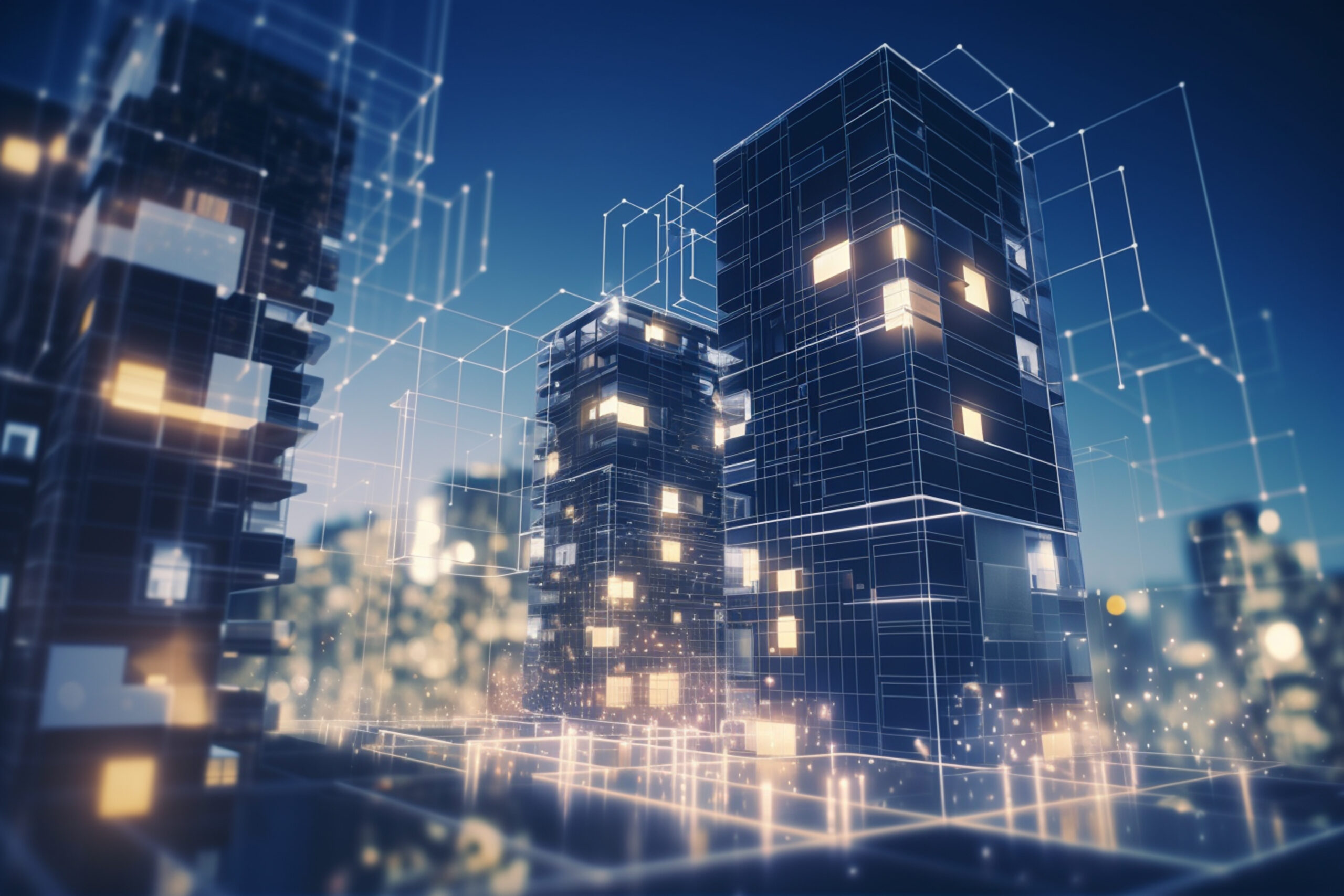News • Jan 22 2026

news • Dec 04 2024

news • Dec 04 2024
From the internet to the nightly news, AI, or artificial intelligence, is a frequent topic of conversation. In many cases, people don’t realize how common AI already is in our lives. Consider examples such as Apple’s smart assistant, Siri, or Google Translate when you’re looking up an ingredient on a dinner menu.
AI is everywhere, and it’s only going to become more prevalent in the future. That’s also the case in the design and construction industries, where AI will play a significant role. But it’s a far cry from the examples many think of, such as robots from cartoons like “The Jetsons” scurrying around on construction sites. In contrast, it’s actually much more layered.
As the New York Times explains, “Artificial intelligence, the technology that powers chatbots like ChatGPT, won’t be assembling apartments or erecting stadiums any time soon, but in construction — an industry stereotypically known for clipboards and Excel spreadsheets — the rapid embrace of the technology may change how quickly projects are finished.”
Here’s a look at the diverse ways AI will assume a role in design and construction.
As the headline reads, “A.I. can’t build a high rise, but it can speed up a job.” In the world of construction, AI will make life easier. The Times piece uses an example of a massive 51-story tower currently being built over South Station in Boston. There, “cranes have cameras that document and label steel being used on the building’s frame, creating a data set expected to be used on other projects in the future.”
They cite additional programs being used to track progress, and even predict accidents. 3D infrared technology is enabled with AI, and tasks, many of which are described as “very dangerous and time consuming onsite,” can be performed without risking the lives of the workers. From drones and cameras to mobile apps and robots, AI streamlines the process for builders and contractors.
While there’s often an emphasis on what happens at the construction site, so much work goes on behind the scenes.
“For architects and engineers, the use of AI can optimize building designs, floor plans, and construction blueprints amongst many other initial stages in construction, and all gathered information can be efficiently shared with supply chains, allowing them to respond to any necessary changes,” Construction Digital shares, adding that tasks like data entry, document processing, customer service, and inventory management can also be handled using AI. These open up human resources, allowing them to tackle problems that truly need to be handled by humans.
Inventory management and compliance can also benefit from AI, Forbes shares, noting that AI-enabled data extraction and knowledge management promises to improve what has been estimated at up to 30% of a designer’s time spent looking for information. Again, AI is a tool that streamlines the process.
While you may not associate virtual staging and Matterport tours with artificial intelligence, these valuable tools are strong examples of AI since they use technology to mimic human knowledge. That’s why many designers see AI as “an amplifier of human abilities.” This pertains to programs like Microsoft Copilot, which can help draft emails and presentation slides, and conjure photorealistic renderings on programs like InteriorFlow, Stable Diffusion, and Midjourney “to fast track your way to an inspiration mood board and staging options,” Hospitality Design shared.
In projects like hotels and residential buildings, AI will play a role in creating the type of tech-forward experiences customers desire while maintaining the welcoming nature they crave. As one designer told Hospitality Design, “AI-driven systems will be implemented for personalized guest experiences, predictive analytics for service optimization, and smart room functionalities. The guest room will be tailored to the guest based on their individual needs with AI assisting in creating a 24/7 concierge experience.”
In the same way that a store customer desires an individualized experience, guests want that same treatment in a hotel. AI will be a tool to achieve that.
One of the most beneficial aspects of artificial intelligence is its ability to minimize risk. On construction sites, where dangerous tasks are performed every day, AI is expected to play a significant role. But it will also play a helpful financial role, since using AI can minimize the cost of the insurance it requires to get a major project off the ground.
“Reducing risk may ultimately be where this technology makes its mark,” the New York Times piece continues. “Depending on the location and nature of work, insurance can make up as much as 10 percent of the cost of a single project, which can easily be hundreds of millions of dollars. Now, with A.I. providing better ways to keep on task, there is less risk and cheaper insurance options.”
Whether it’s on the construction site, in the office, or behind the design desk, artificial intelligence continues to evolve into an important role. While some feel the construction industry may be a bit behind on the phenomenon, it’s simply a testament to how this is the time to grab on and cultivate a future where AI is embraced.
News • Jan 22 2026
News • Jan 08 2026
Generis Collective can be your single point of contact for all your property development needs- providing leadership across every stage of your project and managing all moving parts. Let’s connect and start transforming your guest experience.